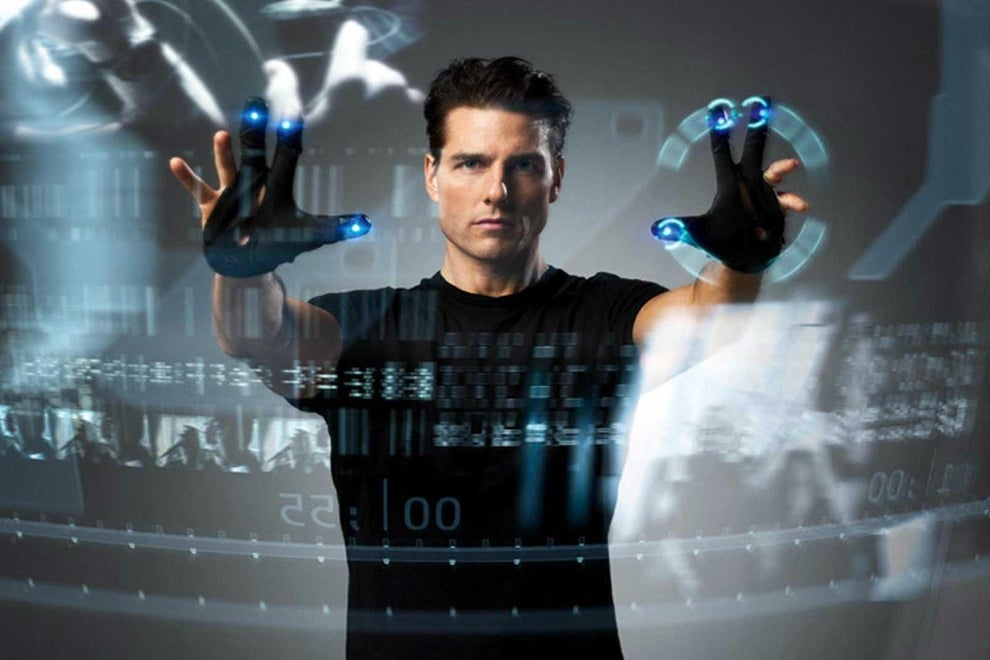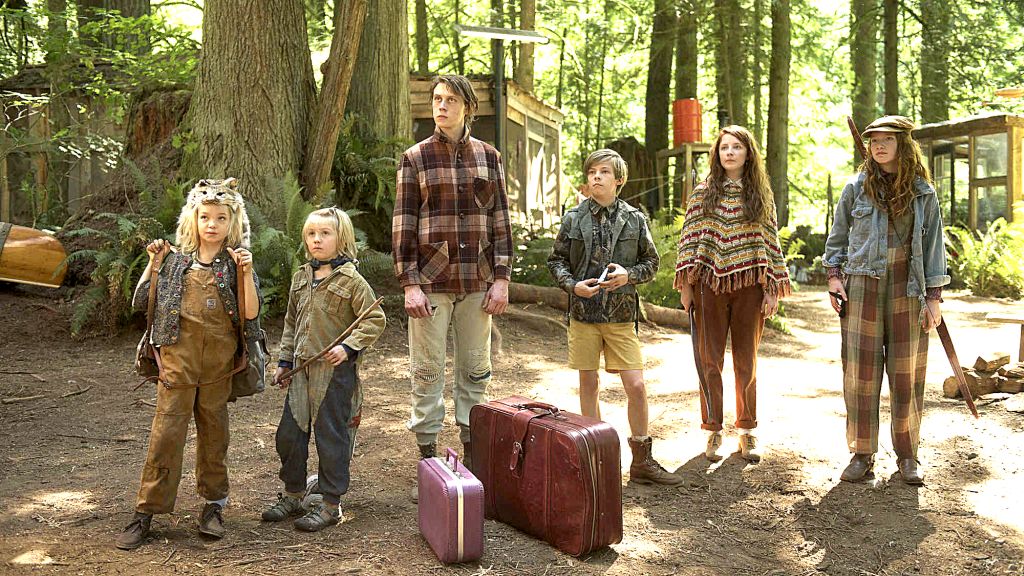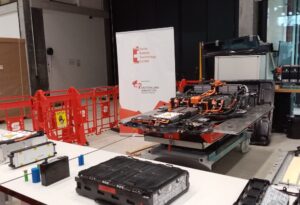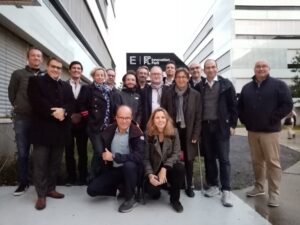💡 Tomorrow’s world today
💡 Tomorrow’s world today
16 September 2021: with its panel of speakers, this online moonshot conference organised by the JEDI Foundation provided insights on science and technology, politics and society in our changing world – from a European perspective.
Climate crisis, dwindling resources, the energy shift…. The world urgently needs to change the way it works. Yet how can science and technology play a part in this transition? “Technology can help but it won’t be THE solution,” reckons Cédric Villani, Fields Medal 2010 and member of the French Parliament. He explains how artificial intelligence (AI), for instance, while extremely good at tasks like recognising patterns, subtasks and analysing images, and useful for helping recast a problem to bring about optimisation, like energy efficiency, “is no good for the unpredictable!”
Making this transition clearly also depends on our choices with regards social systems, lifestyles, human behaviour, business models, etc. “Like the decision to continue using fossil fuels, or not,” points out Mr Villani. “All depends on where societies want to put their money – into the old ways of doing things or in new directions?”
“There are still people who believe technology will save us from the impacts of climate change,” he adds, referring to the latest book by Bill Gates in which the author reaffirms his faith in tech solutions, in stacking billions of dollars behind them, and not having to change our way of life. Mr Villani considers this attitude one reason for what he describes as “a kind of global paralysis by society” over the past decades. “I believe AI will be a revolution and that technology is a revolution. But it won’t change everything,” he sums up.
In addition to tech, smart thinking is clearly needed. Fortunately, the brain power and desire for a transition already exist, reckons Mr Villani – “we have a world that is full of clever people who want to change things.” Furthermore, the availability of data and information today should help support and encourage alternative approaches. “After so many reports and conclusions making clear the difficulty of building tech-based solutions, governments, I believe, will realise that for some sectors they will have to think differently, i.e. not just technology.”
Energy production is one such example. “On the one hand AI will help optimise resources and spend less money, on the other, all energy production methods have serious drawbacks, be they nuclear, water, solar, or wind. So you better use as little as you can!” warns Mr Villani, who openly supports the degrowth movement.
Better understanding – better support
For Jean-Pierre Bourguignon, former president, European Research Council (ERC), it’s vital to have the public on board political decisions, to convince them and obtain their support. Yet to achieve this, understanding research, science and technology is critical. “Today we cannot achieve the transitions we need without society feeling comfortable about what is being requested of them.”
To engage people he suggests three lines of approach: improving basic education, having politicians that understand scientific processes, and last but not least, greater media coverage of science. “In France, for instance, general media coverage of science is a disaster!” he complains, pointing out how there are six times more articles published about the ERC in Spain than in France, despite there being more ERC grantees in France than in Spain. “We also need to tackle fake news and information to reach this better understanding of science by wider society,” he adds.
Lessons learned from Covid-19
Since 2019, the pandemic has revealed strengths and weaknesses in every walk of life, including technology, science, and politics. For Cédric Villani, Covid-19 drove home how technology is not a panacea. “Artificial intelligence, for example, which is very bad at reacting to unknown situations, didn’t serve any purpose in helping find new drugs and vaccines to tackle the virus.”
Jean-Pierre Bourguignon is particularly struck by how politicians have had to take tough decisions rapidly, often leading to short-term visions. Not a good thing in his view, when “long term commitments are the only way out in this global transition.” Another takeaway, he adds, and a positive development this time, has been the collaboration and discussions by the scientific community in different countries when developing the vaccines.
At the French National Centre for Scientific Research (CNRS) in 2021 it’s very much scientific research as normal. “Science is of course impacted by news and current affairs [like Covid] but not reduced to news and current affairs,” explains president Antoine Petit. “Our scientific plans today are the same after the Covid crisis as before. The climate crisis and quantum computing, for instance, have not been in lockdown so are still among our topics of interest.”
Europe in a changing world – a driving force?
Europe clearly has vested interests in driving the transition and building tomorrow’s world. Given its lack of indigenous energy resources and strategic resources like rare earth metals, for example, the continent is under pressure. So finding more virtuous pathways, like renewables, is being born of necessity. Another strength, reckons Mr Villani, is that Europe is “an extremely well-educated continent, extremely aware of all the issues of transition, environmental, behaviour, energy, and so forth.” Hence his conviction Europe has the best mindset for change.
Europeans as a whole have an important role to play, too. For Jean-Pierre Bourguignon the challenge going forward will be to make decisions and strategies so transparent and clear to the public that it becomes obvious long-term commitments are the only way out. “People have also got to accept to makes some changes in their lives,” he adds.
Putting people at the heart of what we do is key, points out Antoine Petit from the CNRS. To do just this and ensure its fundamental research serves the best interests of society, the French research centre develops cooperation with non-profits, e.g. structures like JEDI, as well as with the business world. “Every year the CNRS creates between 80 and 100 start-ups and also develops relations with existing industries,” explains Mr Petit. “The idea isn’t to help them develop three- or six-month, short-term solutions, but to really support them in imagining disruptive innovation for tomorrow or after tomorrow.”





